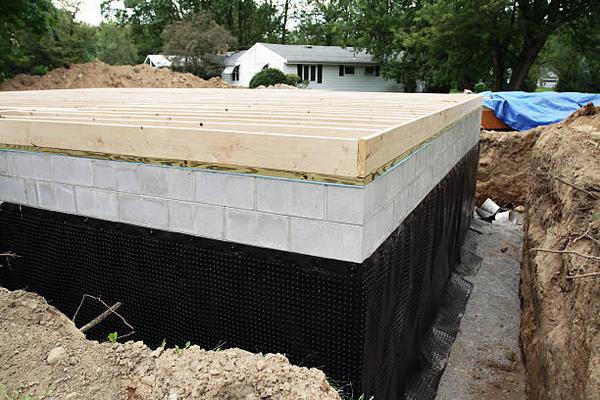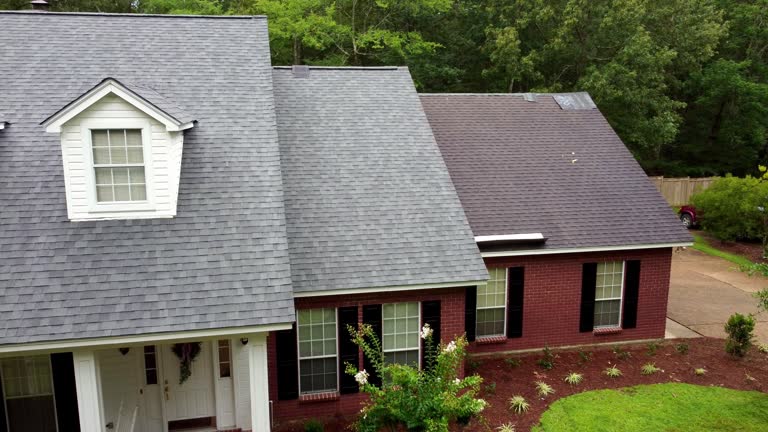
Basement waterproofing is a crucial step in maintaining the structural integrity of your home and preventing water damage. However, many homeowners make common mistakes when it comes to basement waterproofing that can lead to costly repairs down the line. By avoiding these common pitfalls, you can ensure that your basement remains dry and secure for years to come.
One of the most common mistakes homeowners make when it comes to basement waterproofing is neglecting proper drainage. Without adequate drainage systems in place, water can seep into your basement through cracks in the foundation or walls, leading to mold growth and structural damage. To prevent this from happening, be sure to install a sump pump or French drain system to redirect water away from your home’s foundation.
Another common mistake homeowners make is using improper sealing materials. Many people mistakenly believe that any type of sealant will do the job when it comes to waterproofing their basement. However, using the wrong type of sealant can actually trap moisture inside your walls and cause more harm than good. Be sure to use a high-quality waterproofing sealant specifically designed for basements to ensure maximum protection against water intrusion.
Additionally, failing to address existing cracks or leaks in insulation contractor delaware your basement walls is another common mistake that can lead to serious water damage over time. Even small cracks or gaps in your foundation can allow water to seep into your basement and cause mold growth and structural deterioration. Be sure to inspect your basement regularly for any signs of water infiltration and repair any cracks or leaks promptly.
Furthermore, overlooking proper ventilation in your basement can also lead to moisture buildup and mold growth. Without adequate airflow, humidity levels can rise in your basement, creating the perfect environment for mold spores to thrive. To prevent this from happening, be sure to install vents or fans in your basement to promote air circulation and reduce humidity levels.
Lastly, failing to address exterior drainage issues around your home’s foundation is another common mistake that can compromise the effectiveness of your basement waterproofing efforts. If rainwater is not properly diverted away from your home’s foundation, it can seep into your basement through cracks or porous concrete surfaces. Be sure to inspect gutters and downspouts regularly and ensure they are directing water away from your home’s foundation.
In conclusion, by avoiding these common mistakes when it comes to basement waterproofing, you can protect your home from costly water damage and ensure a dry living environment for you and your family. Be proactive about addressing any potential issues with drainage, sealing materials, cracks or leaks, ventilation, and exterior drainage around your home’s foundation. By taking these steps now, you can avoid expensive repairs down the line and enjoy peace of mind knowing that your basement is well-protected against water intrusion.
Crawl Space Ninja of Delaware
209 Heronwood Ln, Milton, DE, 19968
302-303-4079

 Viral Myths Surrounding Instagram Private Viewer Tools
Viral Myths Surrounding Instagram Private Viewer Tools  Owner Retention and Exiting a WestgateResorts Timeshare
Owner Retention and Exiting a WestgateResorts Timeshare  Start Trading Easily with Pocket Option’s Indonesian Website
Start Trading Easily with Pocket Option’s Indonesian Website  Get the Perfect Curl with Vibely Mascara
Get the Perfect Curl with Vibely Mascara 


